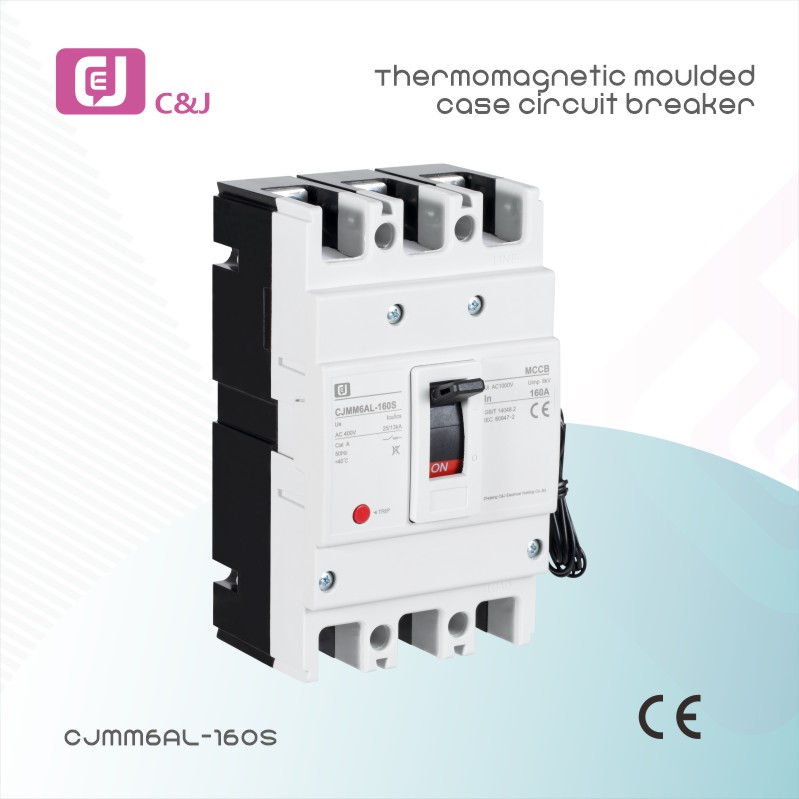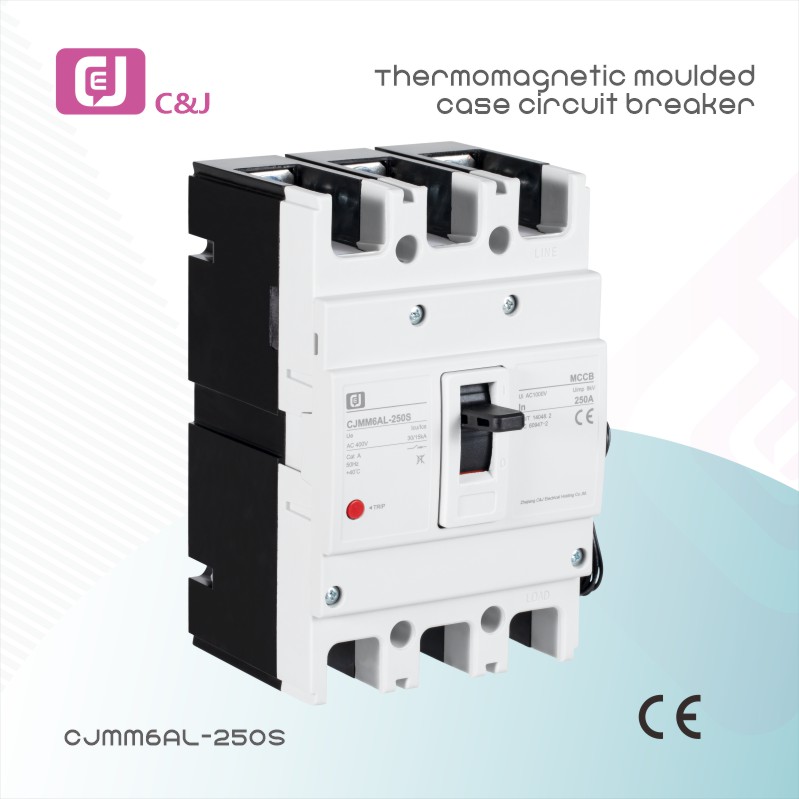MCCB Molded Case Circuit Breaker: An Essential Component in Electrical Systems
In the field of electrical engineering and power distribution, molded case circuit breakers (MCCBs) play a key role in ensuring safety and reliability. Designed to protect circuits from overloads and short circuits, these devices are essential components in residential and industrial applications. Understanding the functions, benefits, and applications of MCCBs can help users make informed decisions regarding electrical safety and efficiency.
What is MCCB?
A molded case circuit breaker (MCCB) is an electromechanical device that automatically interrupts the flow of electricity in the event of a fault such as an overload or short circuit. “Molded case” refers to the protective housing that holds the circuit breaker’s internal components, which are usually made of insulating material. This design not only increases durability, but also prevents accidental contact with live parts, thereby improving safety.
Molded case circuit breakers (MCCBs) are available in a wide range of current ratings, typically from 16A to 2500A, to suit a wide range of applications. They are equipped with thermal and magnetic trip mechanisms to handle different fault conditions. Thermal trips handle long-term overloads, while magnetic trips respond immediately to short circuits, ensuring a quick circuit break to prevent damage.
Advantages of MCCB
1. Overload and short circuit protection: The primary function of a molded case circuit breaker (MCCB) is to protect a circuit from overcurrent damage. By disconnecting the circuit when a fault occurs, the MCCB helps prevent equipment failure and potential fire hazards.
2. Adjustable settings: Many molded case circuit breakers are equipped with adjustable trip settings, allowing users to tailor the level of protection to the specific requirements of their electrical system. This flexibility is particularly beneficial in industrial environments where load conditions may vary.
3. Compact design: Molded case circuit breakers adopt a molded case design with a small footprint, making them very suitable for installation environments with limited space. Their sturdy structure also ensures their service life and reliability in harsh environments.
4. Easy to maintain and reset: Unlike traditional fuses that need to be replaced after a fault, the Molded Case Circuit Breaker (MCCB) can be easily reset after the fault is eliminated. This feature not only saves time but also reduces downtime.
5. Integrated functions: Many modern molded case circuit breakers are equipped with additional functions, such as built-in metering, communication functions, and advanced protection functions. These functions enhance the monitoring and management of electrical systems, helping to improve efficiency and safety.
Application of MCCB
Molded case circuit breakers are widely used in various fields, including:
- Industrial Facilities: In manufacturing plants, MCCBs protect machines and equipment from electrical faults, ensuring smooth operation and minimizing downtime.
- Commercial Buildings: In office buildings and retail spaces, MCCBs protect electrical systems, providing reliable protection for lighting, HVAC systems, and other critical infrastructure.
- Residential Installations: Homeowners can benefit from an MCCB in their electrical panel to provide additional safety for home appliances and systems.
- Renewable Energy Systems: With the rise of solar and wind installations, MCCBs are increasingly used to protect inverters and other components from electrical faults.
In short
Molded case circuit breakers (MCCBs) are essential devices in modern electrical systems, providing robust overload and short circuit protection. Their versatility, ease of use, and advanced features make them a top choice for a wide range of applications. As electrical systems continue to evolve, reliable protection devices like MCCBs will become increasingly important, ensuring safety and efficiency in our increasingly electrified world.
Post time: Jul-09-2025



